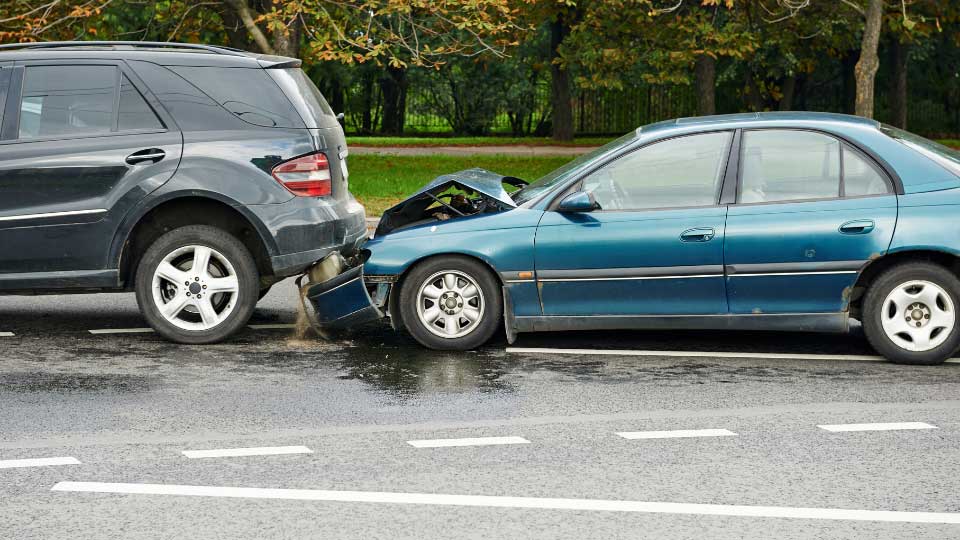Collision insurance is an optional auto insurance coverage that helps to cover the costs associated with your vehicle when you are in an accident. While it’s an optional coverage option in Michigan, the vast majority of lenders who finance leases and auto loans require it in order to be approved.
There are three primary types of collision insurance: limited, standard and broad form. Here’s how each one differs:
More than 50% at Fault in Accident
- Limited: Your insurance pays nothing. You are responsible for the cost of repairs to your car.
- Standard: Your insurance pays, except the deductible that you have chosen. You must pay the deductible.
- Broad Form: Your insurance pays, except the deductible that you have chosen. You must pay the deductible.
Less than 50% at Fault in Accident
- Limited: Your insurance pays. If you have chosen a deductible, your insurance pays the cost of repairs over and above the deductible. You must pay the deductible.
- Standard: Your insurance pays, except the deductible that you have chosen. You must pay the deductible.
- Broad Form: Your insurance pays. You do not have to pay the deductible.
What Is Covered by Collision Insurance?
As mentioned, collision insurance covers the damages associated with your car, covering the following accidents:
- You cause a crash with someone else.
- You run into an object like a tree or lamppost.
- You experience a rollover accident.
- You get hit by another driver who doesn’t have adequate insurance.
- You get into an accident with another driver and you don’t have underinsured motorist property damage coverage.
What Is NOT Covered by Collision Insurance?
On the other hand, collision insurance doesn’t cover the following scenarios:
- If you’re at fault, collision insurance doesn’t cover other driver’s injuries.
- If your car is stolen, collision doesn’t cover this – comprehensive insurance does.
- If your car is damaged by a tree branch falling, hail or fire it is typically covered by comprehensive while collision does not cover it.
How Collision Insurance Works
In the event you experience an auto accident, your collision coverage is typically subject to a deductible which is set in your policy. You often have options when it comes to selecting your deductible, but it tends to range from $500 to $1500.
Keep in mind, when you make a claim with your insurance provider, you are subject to increases in your rates. The more accidents you get into, the more “costly” insurance becomes simply because you will have a higher likelihood of getting into accidents.
As an example, if wintery road conditions resulted in you losing control of your vehicle and hitting a tree, your damages would be covered minus the deductible. So, if your deductible is $500 and the damage to your vehicle is $2,000, the insurance provider would cover $1,500 of the costs. If the cost for repairs exceed the value of the car, your insurer would consider it totaled.
Also, keep in mind, if you make a claim for an accident that results in damages that are less than your deductible, your insurer will not cover, and you’ll likely see an increase in your rates because you made a claim. Keep this in mind and be sure you understand your collision insurance policy details.
Cost of Collision Insurance
The average yearly cost for collision coverage in the US in 2017 was roughly $363 – this figure has likely changed since then. This is an average and doesn’t account for discounts and group policies that are often cheaper than individual policies. Your costs for collision insurance could be much higher.
For costs, there are two strategies to consider: higher deductible and lower premiums or lower deductible and higher premiums. With higher deductibles you’ll be responsible to pay more out of pocket when repairing a vehicle. With lower deductibles, you’ll have higher premiums and therefore a higher rate. If you have funds to cover an accident, a higher deductible might be fore you. If you don’t have funds for this, lower allows for more manageable policy payments.


